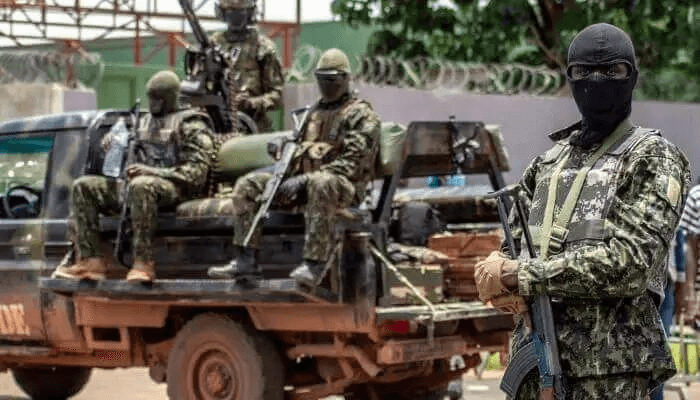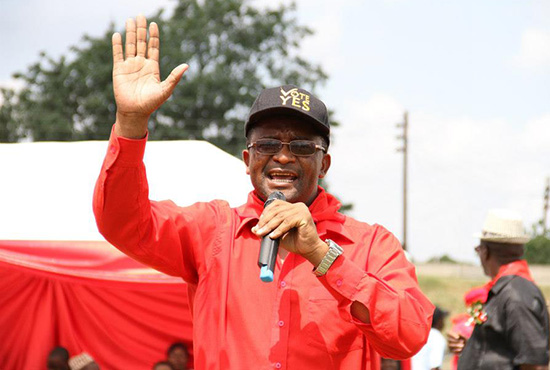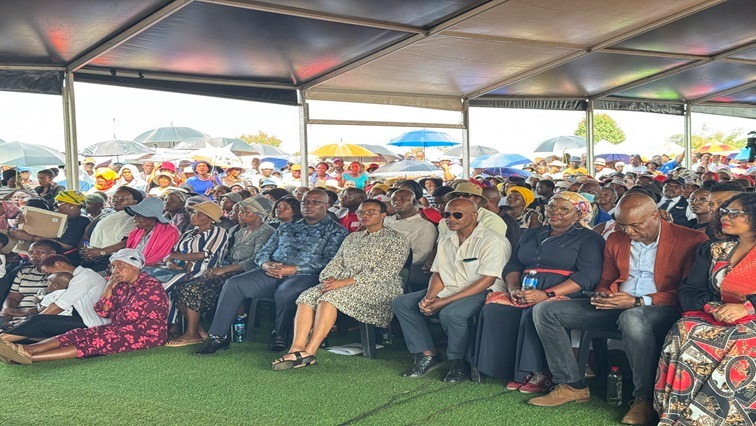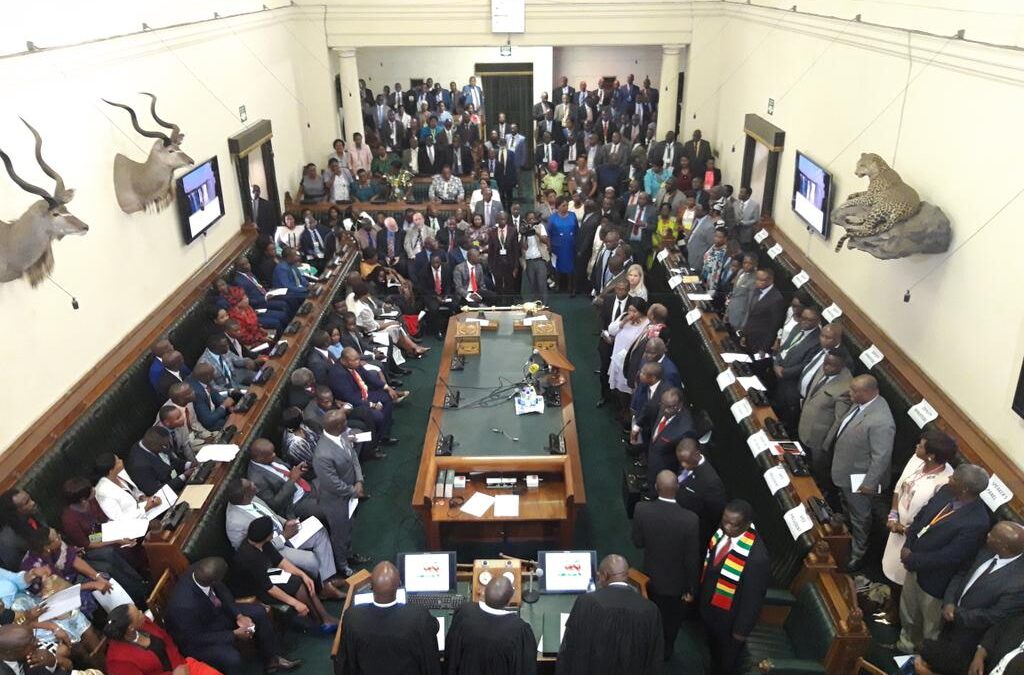By Ari Goldstein
The Sahel region, a vast expanse of territory stretching across Africa’s bulge, is grappling with an existential crisis. The tumultuous relationship between civilian prime ministers and military junta leaders has reached a boiling point, casting a long shadow over the region’s stability.
In Burkina Faso, the ousting of Prime Minister Apollinaire Kelem de Tambela by Captain Ibrahim Traore has sent shockwaves throughout the country. The sudden dismissal, which came without warning or explanation, has raised more questions than answers. Was it a result of internal power struggles, disagreements over governance, or a calculated move to consolidate power?
As the country struggles to come to terms with the change, the security situation continues to deteriorate. Extremist violence has claimed the lives of over 13,500 people since the military took power in a coup in 2022. Armed groups now control more than half of the country, leaving many to wonder if the government is capable of stemming the tide of violence.
The appointment of Rimtalba Jean Emmanuel Ouédraogo as the new prime minister has done little to quell concerns. Ouédraogo’s close ties to Traore have raised eyebrows, with many speculating that the move is a thinly veiled attempt to consolidate power.
Mali, another country in the region, is facing similar challenges. The replacement of civilian Prime Minister Choguel Maiga with Malian Armed Forces Gen. Abdoulaye Maiga has sparked widespread concern. Maiga’s criticism of extended military rule and his calls for a swift return to constitutional order had made him a thorn in the side of the junta.
According to Dr. Olayinka Ajala, an associate professor at Leeds Beckett University, the Sahel region is facing a crisis of governance. “The juntas are struggling to find civilian allies willing to support their agenda and help them maintain power,” Ajala notes. “This has created a natural tension with civilian officials who push for a swifter return to constitutional order.”
As the situation in the Sahel region continues to unfold, one thing is clear: the future of military-led governments hangs in the balance. The international community is watching with bated breath, hoping for a resolution to the region’s instability.
Disclaimer:
This article is the property of The Zambezi Institute and may not be used or taken as a policy or conclusive research. The views expressed in this article are those of the author and do not necessarily reflect the views of The Zambezi Institute or its affiliates.





0 Comments